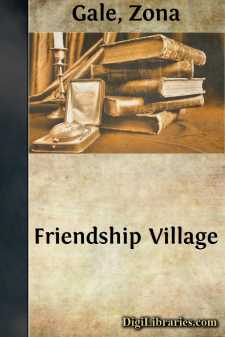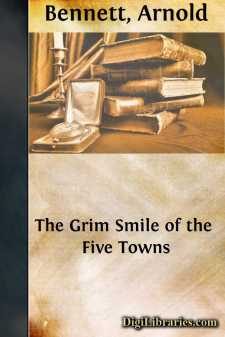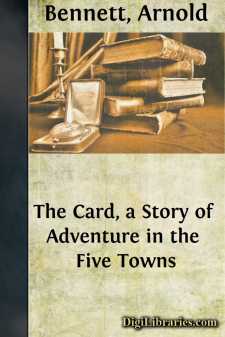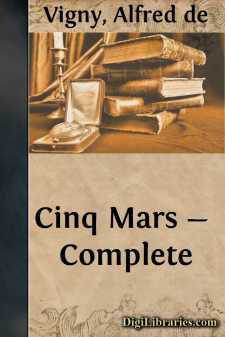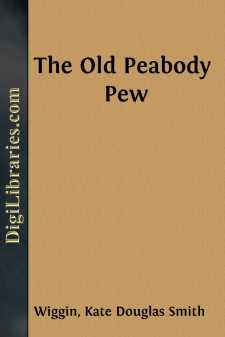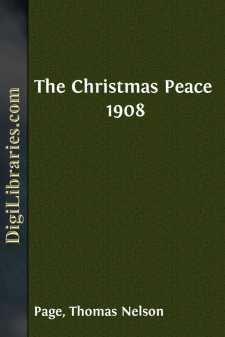Fiction
- Action & Adventure 180
- Biographical 15
- Christian 59
- Classics 6965
- Coming of Age 5
- Contemporary Women 3
- Erotica 8
- Espionage/Intrigue 12
- Fairy Tales, Folklore & Mythology 236
- Family Life 169
- Fantasy 117
- Gay 1
- General 596
- Ghost 32
- Historical 808
- Horror 43
- Humorous 160
- Jewish 25
- Legal 4
- Medical 22
- Mystery & Detective 315
- Political 49
- Psychological 41
- Religious 64
- Romance 159
- Sagas 11
- Science Fiction 730
- Sea Stories 113
- Short Stories (single author) 537
- Sports 10
- Suspense 1
- Technological 8
- Thrillers 2
- Urban Life 31
- Visionary & Metaphysical 1
- War & Military 173
- Westerns 199
Fiction Books
Sort by:
by:
Zona Gale
THE SIDE DOOR It is as if Friendship Village were to say:— "There is no help for it. A telephone line, antique oak chairs, kitchen cabinets, a new doctor, and the like are upon us. But we shall be mediæval directly—we and our improvements. Really, we are so now, if you know how to look." And are we not so? We are one long street, rambling from sun to sun, inheriting traits of the parent...
more...
I When old Mr. Marshall finally took to his bed, the household viewed this action with more surprise than sympathy, and with more impatience than surprise. It seemed like the breaking down of a machine whose trustworthiness had been hitherto infallible; his family were almost forced to the acknowledgement that he was but a mere human being after all. They had enjoyed a certain intimacy with him, in...
more...
CHAPTER ONE THE HOUSE BY THE MARSH It was in fat Madame Fontaine's little café at Bar la Rose, that Norman village by the sea, that I announced my decision. It being market-day the café was noisy with peasants, and the crooked street without jammed with carts. Monsieur Torin, the butcher, opposite me, leaned back heavily from his glass of applejack and roared. Monsieur Pompanet, the blacksmith,...
more...
CHAPTER I. THE HOME OF THE ALLY "And because the town of this story is what it is, there came to dwell in it a Spirit—a strange, mysterious power—playful, vicious, deadly; a Something to be at once feared and courted; to be denied—yet confessed in the denial; a deadly enemy, a welcome friend, an all-powerful Ally." This story began in the Ozark Mountains. It follows the trail that is...
more...
by:
Arnold Bennett
THE LION'S SHARE I In the Five Towns the following history is related by those who know it as something side-splittingly funny—as one of the best jokes that ever occurred in a district devoted to jokes. And I, too, have hitherto regarded it as such. But upon my soul, now that I come to write it down, it strikes me as being, after all, a pretty grim tragedy. However, you shall judge, and laugh or...
more...
by:
Arnold Bennett
CHAPTER I I Edward Henry Machin first saw the smoke on the 27th May 1867, in Brougham Street, Bursley, the most ancient of the Five Towns. Brougham Street runs down from St Luke's Square straight into the Shropshire Union Canal, land consists partly of buildings known as "potbanks" (until they come to be sold by auction, when auctioneers describe them as "extensive earthenware...
more...
by:
Alfred de Vigny
ALFRED DE VIGNY The reputation of Alfred de Vigny has endured extraordinary vicissitudes in France. First he was lauded as the precursor of French romantic poetry and stately prose; then he sank in semi-oblivion, became the curiosity of criticism, died in retirement, and was neglected for a long time, until the last ten years or so produced a marked revolution of taste in France. The supremacy of...
more...
by:
James Otis
I. TOBY'S INTRODUCTION TO THE CIRCUS "Wouldn't you give more 'n six peanuts for a cent?" was a question asked by a very small boy, with big, staring eyes, of a candy vender at a circus booth. And as he spoke he looked wistfully at the quantity of nuts piled high up on the basket, and then at the six, each of which now looked so small as he held them in his hand....
more...
CHAPTER I Edgewood, like all the other villages along the banks of the Saco, is full of sunny slopes and leafy hollows. There are little, rounded, green-clad hillocks that might, like their scriptural sisters, “skip with joy,” and there are grand, rocky hills tufted with gaunt pine trees—these leading the eye to the splendid heights of a neighbour State, where snow-crowned peaks tower in the...
more...
They had lived within a mile of each other for fifty-odd years, old Judge Hampden and old Colonel Drayton; that is, all their lives, for they had been born on adjoining plantations within a month of each other. But though they had thus lived and were accounted generally good men and good neighbors, to each other they had never been neighbors any more than the Lévite was neighbor to him who went down...
more...


